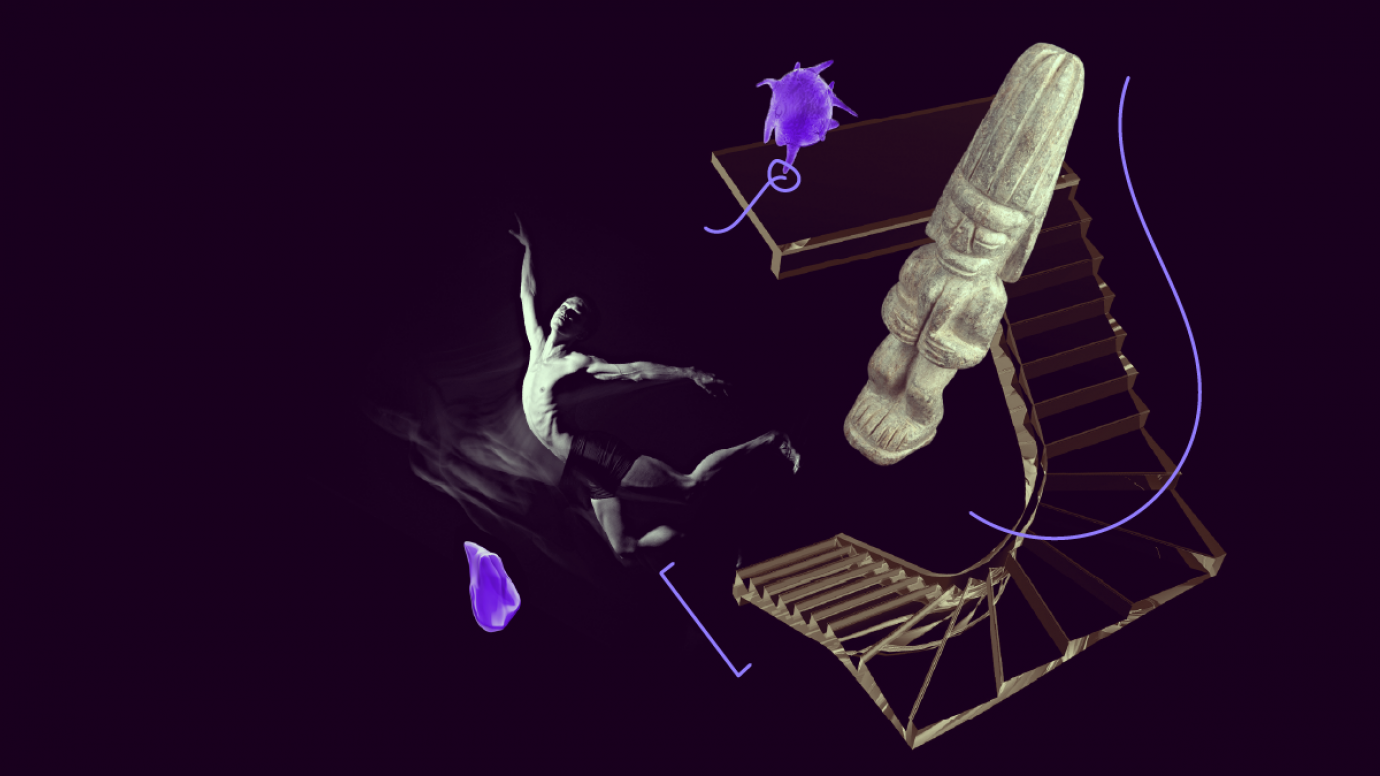MSCA opens €97.7 million call for Staff Exchanges
The Staff Exchanges action offers a unique opportunity to promote the transfer of knowledge and innovation through international research collaborations.

The Marie Skłodowska-Curie Actions (MSCA) Staff Exchanges 2025 call is open as of today.
The deadline to submit proposals is 8 October 2025.
The European Commission will allocate €97.7 million to fund around 85 projects promoting cooperation between organisations in the EU and around the world in the field of research and innovation.
Staff secondments
Secondments are the main method to foster cooperation among organisations participating in Staff Exchanges. Selected projects exchange and train researchers and innovators, as well as administrative, technical or managerial staff involved in research activities.
Participants go abroad for up to 12 months. By working in other organisations they gain new skills and competencies, expand their networks, exchange knowledge, and carry out cutting-edge research.
Increased funding
The EU grant for MSCA Staff Exchanges projects is in the form of unit costs for the mobility of staff. It contributes to the following expenses
- travel, accommodation and subsistence allowances
- research, training, transfer of knowledge, networking and management costs
Applicants for the 2025 call will benefit from an increased allowance, now raised from €4,600 to €5,010 per month for each mobilized staff member.
International consortia
Staff Exchanges enable organisations to build international partnerships with other leading organisations. They can strengthen long-term collaboration and increase their capacities.
Staff Exchanges projects are highly international, intersectoral projects, implemented by consortia involving several organisations from the EU, non-EU countries associated to the Horizon Europe programme and very often organisations from other non-EU countries (third countries).
Who can apply?
To be eligible, consortia must consist of at least three organisations from three different countries. Two of them must be located in different EU Member States or Horizon Europe associated countries. In addition, organisations from any country in the world can participate.
Organisations from all socioeconomic sectors in any country can apply to Staff Exchanges. This includes
- higher education institutions
- research institutions and infrastructures
- private sector organisations, including industry, businesses, and small and medium-sized enterprises
- public sector organisations, including national, regional, and local governments, agencies, and museums
- other socio-economic actors, including non-governmental organisations, charities, etc.
Participating organisations host and train seconded staff from other project partners in their own premises, and second staff abroad to other organisations in the consortium. However, the participation setup differs depending on where the organisation is based.
Eligibility by country
Organisations based in EU Member States and countries associated to the Horizon Europe programme can participate as beneficiaries. This means they are automatically eligible for funding and can second, host, and train staff members.
A key innovation is that participants from Switzerland will be eligible for funding from the 2025 call onwards. This is due to the country’s anticipated association with the Horizon Europe programme.
Organisations based in all other non-EU countries (third countries) can participate as associated partners.
- Low and middle-income third countries can second their staff, and host and train seconded staff from other partners in EU Member States and countries associated to the Horizon Europe programme, paid for by the project’s grant (see specific conditions in the MSCA Work Programme)
- Organisations based in high-income third countries can host, and train seconded staff from other partners in EU Member States and countries associated to the Horizon Europe programme as part of the project costs but may only second their staff members at their own expenses. Some countries such as Japan, Canada, Brazil and recently India have set up complementary funding mechanisms for this purpose. Interested organisations should refer to the relevant national authorities.
If you are not sure about your country’s status, have a look at the list of participating countries to Horizon Europe.
Last updated:


